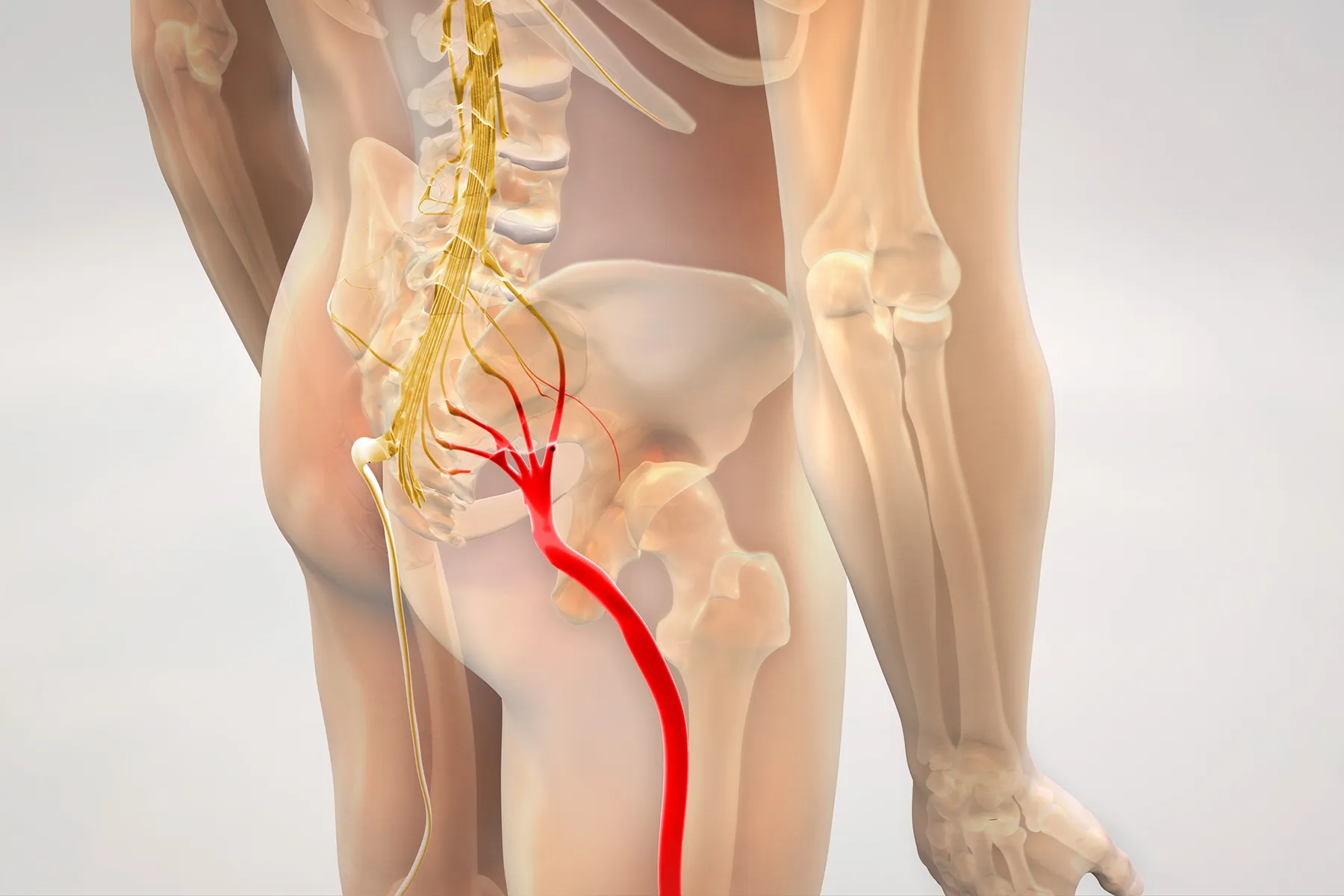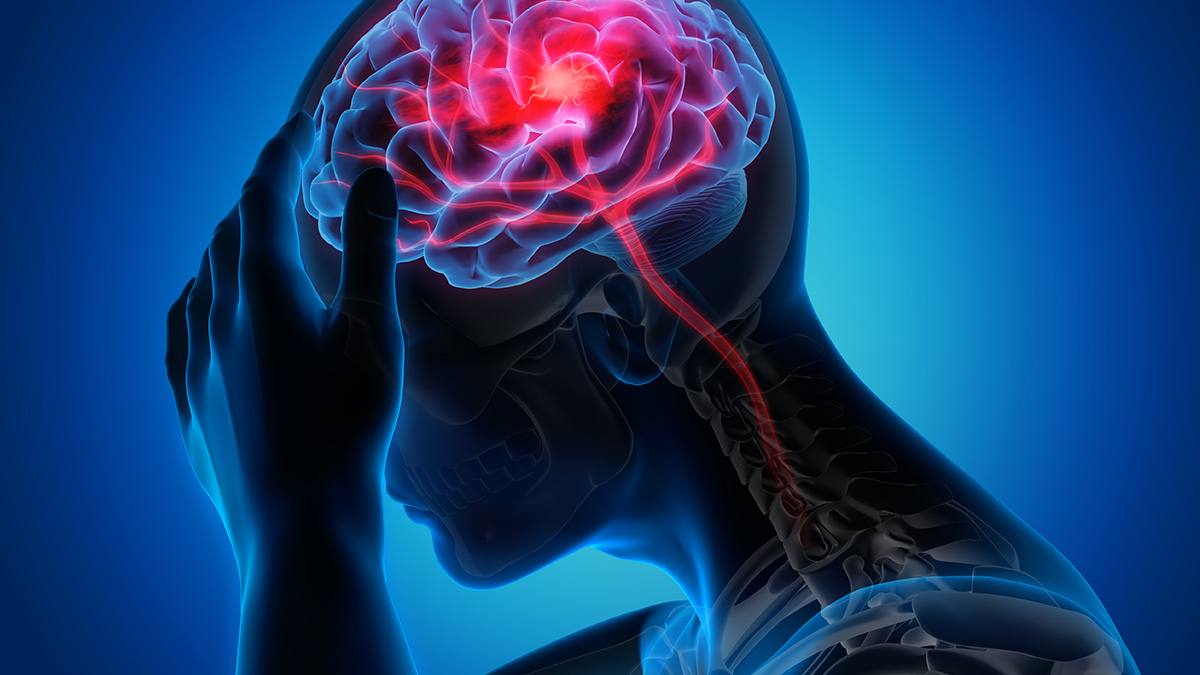Headaches are among the most common health complaints worldwide, affecting nearly half of all adults at some point in their lives. While most headaches are harmless and short-lived, some may be early warning signs of serious neurological conditions. Knowing when to take a headache seriously can make a life-saving difference.
In this guide, leading neuro experts explain the different types of headaches, symptoms that signal a medical emergency, and where to seek advanced brain stroke treatment in Thane.
Types of Headaches: Primary vs. Secondary
Headaches are broadly classified into:
- Primary Headaches: These include migraines, cluster headaches, and tension-type headaches. While typically not life-threatening, they can be severe and disabling.
- Secondary Headaches: These result from underlying conditions like infections, brain tumors, high blood pressure, or stroke. Identifying and treating the root cause is crucial.
Red Flag Headache Symptoms You Should Never Ignore
Certain headache symptoms are medical emergencies and demand immediate attention. Here’s when a headache could mean something serious:
1. Sudden, Severe Headache (“Thunderclap Headache”)
If you experience a headache that comes on explosively and feels like the worst pain you’ve ever had, it could indicate:
- Brain hemorrhage
- Aneurysm rupture
- Stroke
2. Headache After a Head Injury
Even a minor head injury followed by a headache could signal:
- Concussion
- Internal bleeding
- Skull fracture
3. Headache With Neurological Symptoms
Seek emergency care if your headache is accompanied by:
- Numbness or weakness
- Blurred or double vision
- Difficulty speaking or confusion
4. Headache With Fever or Stiff Neck
This could be a symptom of:
- Meningitis (brain/spinal cord infection)
- Encephalitis
5. Headache That Wakes You From Sleep or Is Worse in the Morning
Persistent headaches that interrupt sleep or worsen on waking may indicate:
- Elevated intracranial pressure
- Brain tumour or growth
6. Headaches Not Responding to Treatment
If over-the-counter medications aren’t helping, especially if the headache is worsening, it may require diagnostic imaging and evaluation.
7. New or Changing Headache Pattern
If you’ve never had headaches and suddenly develop them, especially after age 50, or if your usual headache pattern changes significantly, consult a neurologist.
When to Seek Emergency Medical Help
Call emergency services or go to the nearest hospital if you experience:
- A sudden, severe (“thunderclap”) headache
- Headache with confusion, speech difficulties, balance issues, or vision changes
- Headache and fever with neck stiffness
- Headache following a fall or head injury
- A “first-time” or “worst-ever” headache
These symptoms may indicate life-threatening conditions such as stroke, brain haemorrhage, or meningitis.
Expert Care at NeuroSpine Brain and Spine Clinic, Thane
If you are in Thane or the surrounding areas, NeuroSpine Brain and Spine Clinic offers state-of-the-art neurological care and emergency intervention.
What They Offer:
- Advanced diagnostics, including CT scans and MRIs
- Emergency treatments such as mechanical thrombectomy, stenting, and clot-busting drugs
- Multi-speciality team of neurologists, neurosurgeons, and spine experts
- Personalised, evidence-based care for both brain and spinal conditions
For Brain stroke treatment in Thane, NeuroSpine is one of the most trusted centres equipped for urgent and comprehensive neurological care.
Why See a Neurologist for Headaches?
While occasional tension headaches are common, persistent or atypical headaches need specialist care. A neurologist can:
- Identify whether the headache is primary or secondary
- Recommend brain imaging (like MRI or CT)
- Prescribe advanced treatments for chronic or treatment-resistant headaches
- Rule out serious underlying conditions such as tumours or vascular diseases
Conclusion: Don’t Dismiss the Warning Signs
While most headaches are harmless, some can be warning signs of life-threatening conditions like stroke or brain infections. Pay close attention to any changes in pattern, intensity, or accompanying symptoms.
If in doubt, don’t wait; consult a neurologist or visit an emergency facility. Prompt diagnosis and intervention can prevent permanent damage and even save lives.
For expert neurological care in Thane, NeuroSpine Brain and Spine Clinic offers comprehensive treatment backed by modern technology and experienced specialists.
FAQs: Understanding Headache Emergencies
Q1. What symptoms suggest a headache is an emergency?
A headache with confusion, weakness, speech changes, high fever, or following head trauma needs urgent medical attention.
Q2. How does a neurologist treat chronic headaches?
A neurologist will diagnose the cause, recommend imaging if needed, and may prescribe specialised medication or therapies not typically available over the counter.
Q3. What is a thunderclap headache, and why is it serious?
It’s a sudden, explosive headache often linked to a brain haemorrhage or aneurysm. It requires immediate emergency evaluation.




